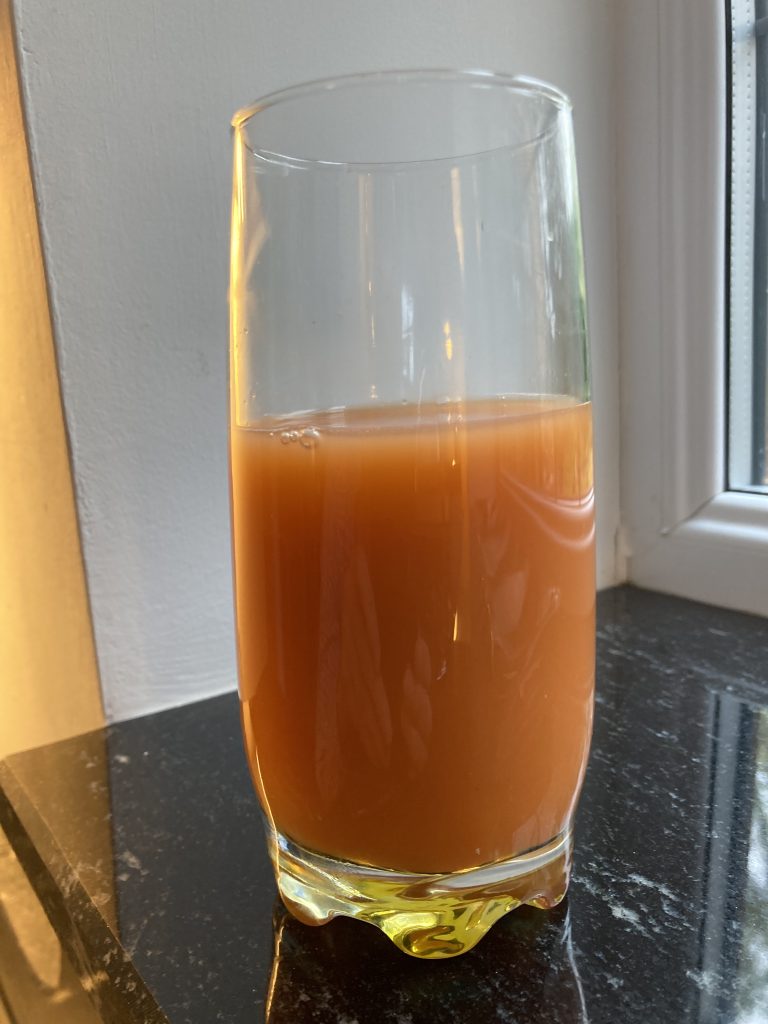Tendonitis
Tendonitis is all too common condition and includes tennis elbow, golfer’s elbow, Achilles tendinitis and rotator cuff lesions of the shoulder. Related conditions include bursitis, carpal tunnel syndrome, trigger finger and plantar fasciitis.
Treatment
To treat inflammation in ligaments and tendons we need to first take the strain off these tendons by not overusing them but also need to supply the building blocks for their repair.
Tendons are mainly composed from collagen. One remedy which helps here is a collagen supplement which are expensive (to be absorbed this needs to be hydrolysed collagen: 6000 -10,000 mg daily). But the rate of collagen formation in the body is controlled by Vitamin C so supplying this is an easier and cheaper way to make collagen. Aim for 4 to 10 grams daily. It needs to be spread throughout the day (as Vitamin C doesn’t stay in the body long). However another essential element is water. This allows the tendons to glide over surfaces and is a major component of connective tissue. Drinking enough water greatly helps the healing process. Avoid sugar. This produces by-products that damage the cross-linking of collagen (this is the way proteins bind together).
Another useful supplement is MSM (methylsufonylmethane). This is a sulphur-containing nutrient, naturally found in the body, which supports connective tissue and improves the cross-linking of collagen. The starting dose is one gram (1000mg) three times daily gradually increasing (usually by one gram every few days) to about 8 grams if needed. Higher doses may be needed if the condition is severe or if there is a lot of pain (it is safe up to 100 grams daily). It has a bitter taste. Avoid if taking blood-thinning medication.
MSM can be taken as capsules, crystals or powder (the last two are more convenient for higher doses). Adding an MSM cream or gel will aid the healing process. Typically it takes between 5 days and 2 weeks to see improvement, (sometimes longer if it has become chronic).
Pycnogenol has a high affinity to collagen, binding to it, helping in the production of collagen and protecting it from damage (suggested doses 30 -60mg daily).
Occasionally other supplements such as vitamin B5 and B6 are needed or local treatments such as castor oil packs (see “Alternative Treatments for Arthritis” leaflet for more information on B5).
The dose of Vitamin B6 or pyridoxine is 100mg twice daily for twelve weeks. If used longer at this does there is a small risk of neuropathy with numbness & tingling. The active form of pyridoxine, pyridoxal-5-phosphate (P6P) often works better. Zinc is needed to convert pyridoxine into P6P. So either adding zinc (30mg daily) or using P6P which can be used at a lower dose, 100 to 150mg daily initially and then tapered down. The problem with higher doses of standard pyridoxine is that it can overwhelm the body’s ability to produce P6P and so get in the way (hence the numbness and tingling).
Muscles need magnesium and 40% of the body’s magnesium stores are in muscle. We need calcium to contract muscles and magnesium to relax them. If the ratio of calcium to magnesium is too high (this is typically as most people are magnesium deficient) the muscles get to tight and tense (see separate magnesium leaflet for more information).
Connective tissues and tendons also benefit from gentle stretching exercises so stretching needs to be part of the treatment (but be aware that overstretching can make them worse).
The Danger of Fluoride
Fluoride binds with magnesium producing an insoluble compound called sellaite which replaces magnesium in bone and cartilage causing it to become brittle and weak. Perhaps the most serious example of this comes from the fluoroquinolone antibiotics (such as ciprofloxacin, ofloxacin, levofloxacin) which can trigger tendinitis and tendon rupture. These drugs now have a black box warnings for this reason. Other major sources of fluoride are toothpastes, dental procedures and drugs. Other drugs which contain fluoride include fluoxetine, atorvastatin, rosuvastatin, ezetimibe, lansoprazole and steroids.





